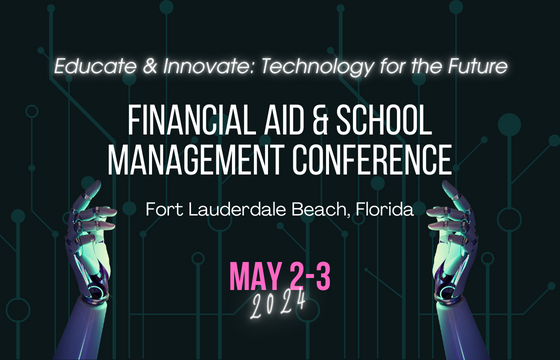ED’s Dear Colleague Letters (DCLs) on IFAP – (listed by DCL category by date)
DCL – GEN-13-17: July 1, 2013 – Requirement for distribution of voter registration forms
Schools are reminded of the requirement to make a good faith effort to distribute voter registration forms to their students. This requirement is applicable to schools in most states and the District of Columbia which are covered under the National Voter Registration Act (NVRA) of 1993. That is, schools in states that require voter registration prior to Election Day or that do not allow for voter registration at the time of voting must comply with this requirement that is delineated in your Title IV Program Participation Agreement. Currently, the only states exempt from this requirement are Idaho, Minnesota, New Hampshire, North Dakota, Wisconsin, and Wyoming. Likewise, Puerto Rico, Guam, the Virgin Islands, and American Samoa are not covered by the NVRA and thus are not required to distribute the voter registration forms.
DCL – GEN-13-18: July 3, 2013 – Extended Foster Care Payments
In this Dear Colleague Letter ED describes how extended foster care payments are treated when they are paid directly to the student (in contrast to payments made to foster parents). This situation occurs when a student who has been in foster care prior to turning 18 continues to receive the extended foster care payments up until the age of 21 if the student meets certain conditions, e.g., being in school or participating in a job training program, or working at least 80 hours per month. This DCL explains how the extended foster care benefits received are treated in matters related to Title IV aid. While it is rare that extended foster care payments will affect a student’s Title IV aid eligibility, there are some circumstances where it may. Schools would do well to review this DCL if dealing with students that may receive extended foster care payments.
DCL – GEN-13-20: August 9, 2013 – Subject: State Authorization Regulations – Documentation of “other action,” State recognition of educational programs beyond secondary education, State’s “active role” in approving or licensing institutions, and alternative State approval or licensure process
ED provides guidance on what “other action” schools may use to document that they have met State authorization requirements for institutional eligibility to participate in Title IV programs. The specific guidance given addresses the areas of State recognition of educational programs that are beyond secondary education, what it means for a State to take an “active role” in approving or licensing institutions (to include what documentation is required to differentiate between postsecondary and secondary education), and also provides examples of alternative State approval or licensing processes. Institutions will find this DCL useful when reviewing their compliance with 34 CFR 600(9)(a)(1)(i), especially if the school operates locations in more than one State.
DCL – GEN-13-21: August 9, 2013 – Invitation to Participate in the Experimental Sites Initiative
This DCL is a further attempt by ED to gain additional participants in the Experimental Sites Initiative (ESI). This letter reopens the application process for schools to consider participating in the ESI through at least 2014-2015. As reported in our March, 2013 Special Edition Inside Report—Federal Update, as well as in our quarterly Inside Report in April 2013, ED desires to have more schools choose to participate in the Experimental Sites Initiative. In addition to this current DCL, further details of this opportunity are provided in Dear Colleague Letters GEN-13-03 and GEN-13-08. With this re-opening of the ESI application process, ED has done so without prescribing a closing date for applications. However, ED does note that schools should be aware that the application process from submission to approval may take as long as 90 days. There are 8 different ESI experiments currently in place, including such areas as Pell eligibility of students with bachelor’s degrees who enroll in vocational or career programs, as well as an experiment studying the feasibility of limiting Unsubsidized loan amounts, to name a couple. Please review the DCL for more information.
THE INFORMATION PROVIDED TO YOU IS FAME’S OPINION BASED ON OUR INTERPRETATION OF THE ISSUES AND EVENTS PROVIDED AND OUR INTERPRETATION OF THE TITLE IV REGULATIONS AS THEY MAY APPLY. FAME SHALL NOT BE LIABLE FOR ANY ERRORS CONTAINED HEREIN OR FOR ANY DAMAGES WHATSOEVER ARISING OUT OF OR RELATED TO THE USE OF THIS INFORMATION.

